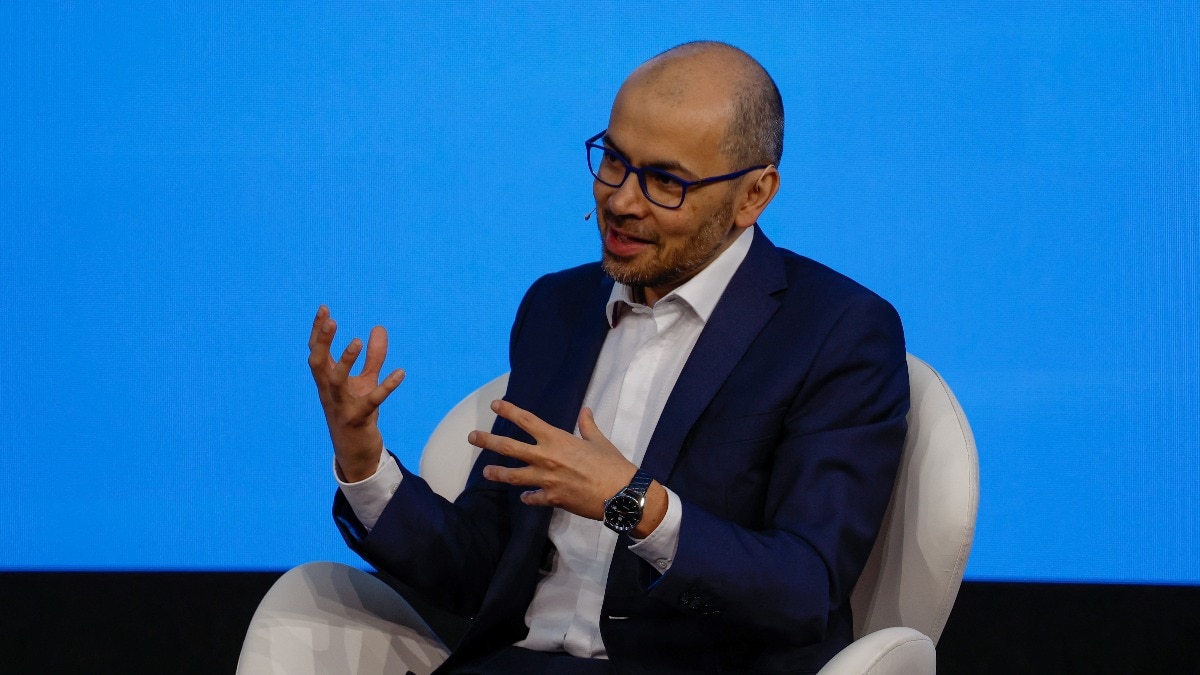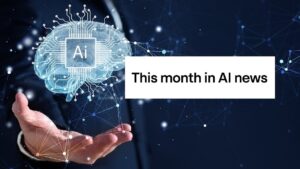Demis Hassabis, CEO of Google DeepMind, predicts AI could potentially eliminate all diseases in the next ten years.

The Transformative Potential of AI in Healthcare
Artificial intelligence (AI) is set to revolutionize numerous industries, and healthcare is at the forefront of this transformation. The CEO of Google DeepMind, Demis Hassabis, recently shared his vision for the future of AI in medicine during an interview on CBS’s "60 Minutes." He believes that AI could eradicate diseases within the next decade, changing how we approach health and wellness.
The Future of Disease Treatment with AI
In his interview, Hassabis highlighted the current challenges faced in drug development, which typically takes about ten years and costs billions of dollars. He proposed that AI has the potential to drastically reduce this time frame to mere months or even weeks.
- Speed of Development: Leveraging AI technologies can streamline the drug design process, enhancing efficiency in creating new treatments.
- Mapping Proteins: Hassabis mentioned DeepMind’s AlphaFold, which successfully mapped over 200 million protein structures in just one year. This achievement normally would have required an impractical amount of time from researchers.
Understanding these protein structures is key to identifying how diseases operate and designing targeted therapies. Hassabis emphasized the importance of comprehending protein functions to develop drugs that effectively address specific health issues.
Rival Recognition
The impressive claims made by Hassabis sparked a variety of responses online. Notably, Aravind Srinivas, CEO of Perplexity AI, commended Hassabis, dubbing him a "genius." Srinivas encouraged that if Hassabis is to actualize his ambitious vision, he should receive the necessary resources and support.
Navigating Challenges in AI Development
Despite his optimistic outlook, Hassabis expressed concerns about the possible pitfalls of AI technology. He identified two main challenges that need addressing to ensure that the future of AI in healthcare is safe and beneficial:
- Misuse by Bad Actors: There is a risk that individuals may exploit AI technologies for harmful purposes.
- Maintaining Control of AI Systems: As AI becomes more powerful and autonomous, it is crucial that these systems remain aligned with human values and societal needs.
In his words, “Can we make sure that we can keep control of the systems? That they’re aligned with our values?” This highlights the importance of ethical considerations as AI technology continues to advance.
The Vision of Radical Abundance
Hassabis spoke about a concept known as “radical abundance,” where AI could help eliminate scarcity of resources and improve overall quality of life. By harnessing the capabilities of AI, he envisions a world where the prevention and treatment of diseases are more effective and accessible to everyone.
The Broader Impact of AI in Healthcare
The implications of AI in healthcare extend beyond just treatment efficiency. Here are some potential benefits:
- Personalized Medicine: AI could enable customized treatment plans based on individual patient data and genetic information.
- Predictive Analytics: Machine learning models could foresee outbreaks and effectively allocate resources where they’re needed most.
- Administrative Efficiency: Automating repetitive tasks could free up healthcare professionals to focus more on patient care.
While AI presents groundbreaking opportunities, it also calls for careful consideration, ensuring that its integration into healthcare improves human welfare without compromising safety or ethical standards.
As advancements in AI technology continue, it remains essential for stakeholders to collaborate on responsible development and applications that will benefit society as a whole.






